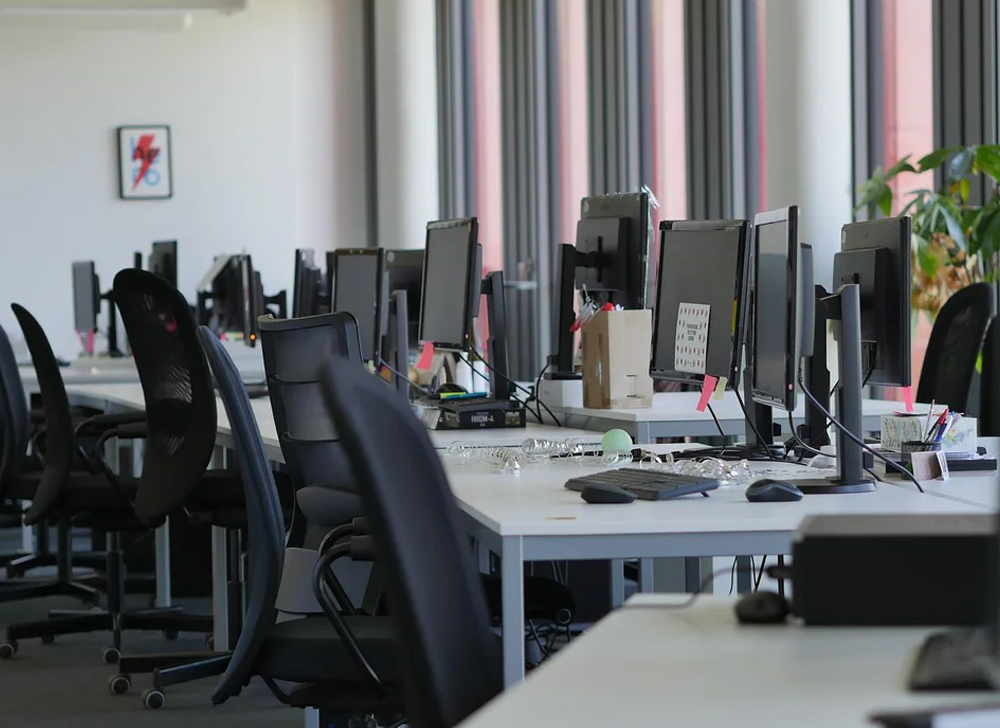INTRODUCING THE FOURTH REVOLUTION: THE COVID-19 PANDEMIC HAS GIVEN RISE TO A WORLDWIDE SHORTAGE OF LABOR.
Sometimes it takes a pandemic to move technology forward, to leave the comfort of the status quo. The saying “don’t fix it unless it’s broken” does not apply to the current worldwide shortage of skilled, or otherwise any employees.

“Competition for workers is going to really put upward pressure on wages … Are businesses healthy enough to handle that? ” Brendon Bernard, Senior Economist, Indeed Canada Corp.
This isn’t the first time that a labor shortage has been inflicted on many industries, but can it be the last? Innovative forward thinking companies understand that an early investment in AI can give them a pivotal advantage down the road. This is because although AI can deliver short return on investments, the real power in AI is in medium and longer return on investments. AI algorithms require time to train, so early adopters can be rewarded with a significant competitive advantage over time.
Doug Alexander, vice-president of technical services at the Toronto-based Belmont Meat Products Ltd., said his company is rolling out new solutions in anticipation of the worker shortage. He believes that this problem is not going to disappear anytime soon.

“It’s driving us to automate more, so our focus now for the long term is robotics and automation,” Alexander said. “We recognize it’s not going to change. This is not a short-term problem … it’s a societal shift.” Financial Post Jake Edmiston, Stephanie Hughes.
How AI and Automation will Change these Traditional Economics
The difference between AI and standard software is that AI learns over time. When exposed to various scenarios, the algorithms are trained how to respond and once they learn, every time they recognize a scenario through pattern recognition, they will respond according to their training. When they don’t recognize a scenario, managers are alerted and the algorithms are trained further.
Once an Algorithm is taught, it never forgets and will seldom fail to recognize a scenario converted from a mathematical pattern. The training is usually performed by top managers and the AI becomes smarter and more capable of taking on greater complex human- like tasks.
How Conversational AI is Automating Managerial Discussions and Decisions.
As many forms of AI begin to penetrate the business landscapes, Conversational AI in particular can present a solution for white collar managerial shortages. The repetitive tasks of managerial work are prime targets for simulation of conversations by AI with the objective to reduce the repetitive nature of tasks and free their time to take on innovative creative work. This is referred to as Conversational AI, where algorithms are trained to have discussions just like a company representative, trained by managers.

“ the difficulty of retaining skilled workers has likely doubled since the beginning of the pandemic “ Financial Post Jake Edmiston, Stephanie Hughes.
But this time, the AI does not quit, get bored, take vacations, or contract the Covid 19 virus. This time, the conversations continue to the benefit of the business they represent, 24/7 around the clock with no sick days. They get smarter, faster, more knowledgeable with growing content, and more human- like.
If you are a business or a consultant interested in exploring how to adopt Conversational Artificial Intelligence, please contact us for a free preliminary AI consultation. Learn how to create a scalable architecture to handle company-wide AI applications.

 - EN
- EN 




